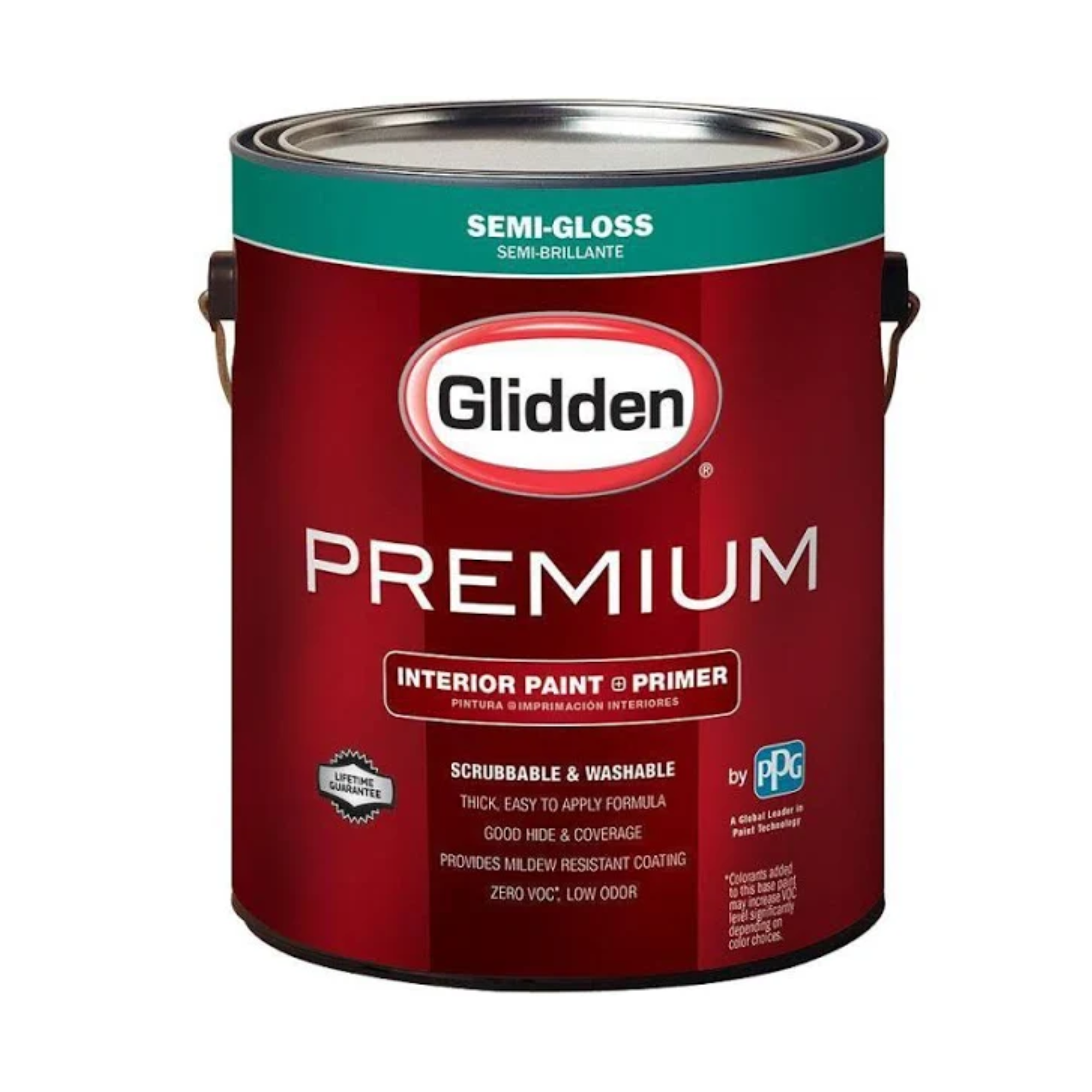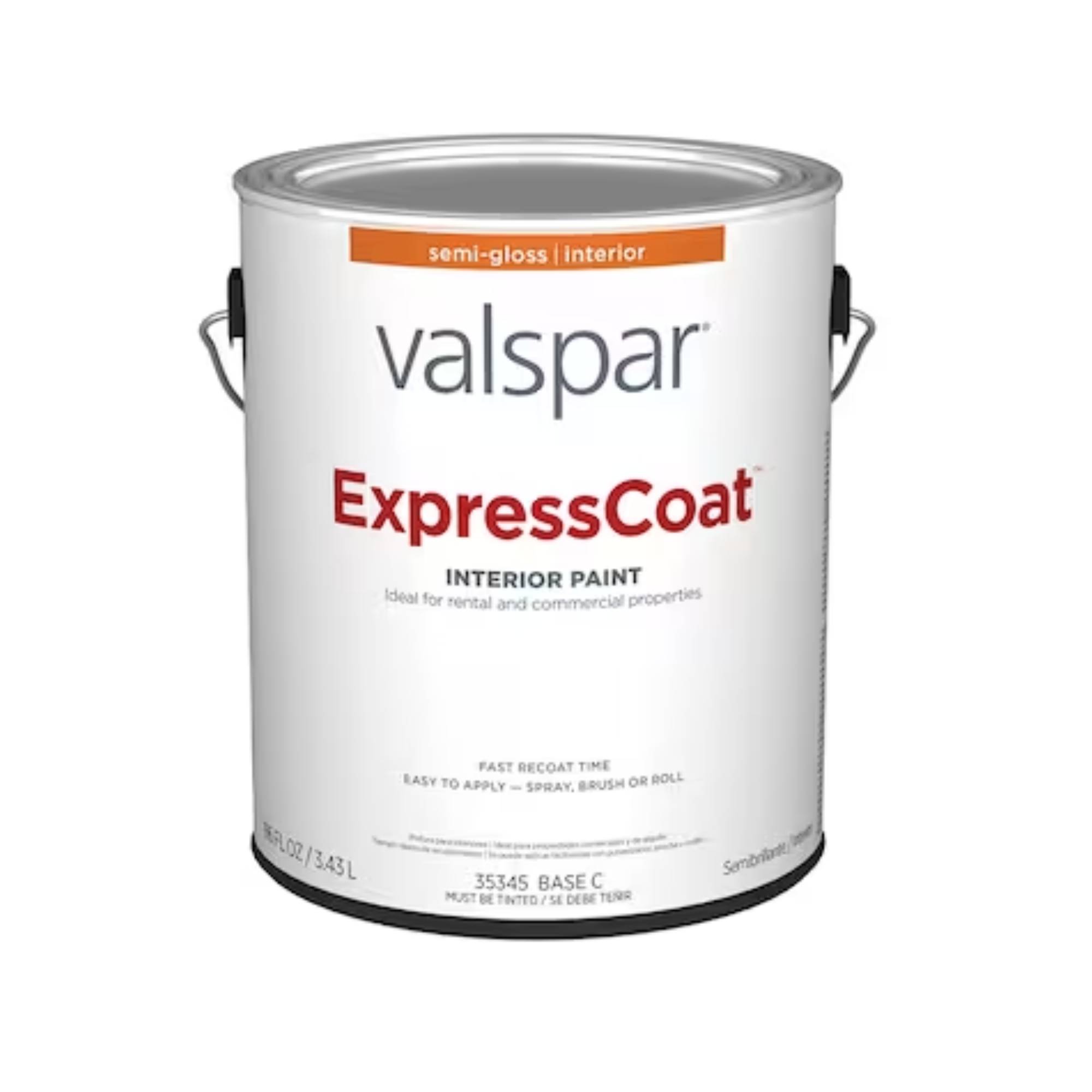What is the most durable paint finish? This is the type professionals always choose for easy-to-maintain walls
If you want to avoid unsightly scuff marks on your walls, here's what you need to know

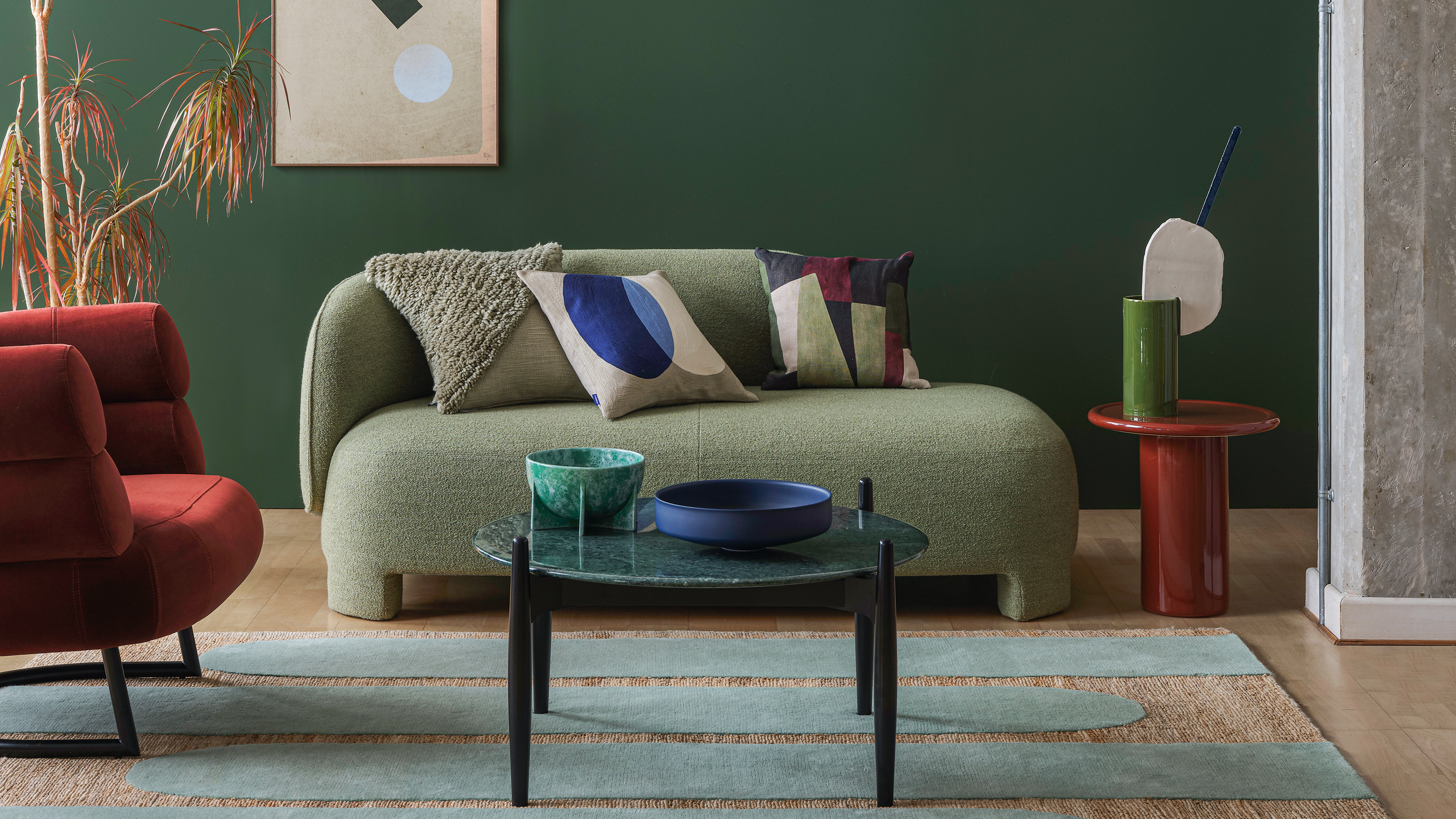
Are you fed up with scuffed, nicked, and scratched walls? For many of us - especially those of us with kids - this becomes our reality just a matter of months after a fresh paint job. Yes, paint will inevitably show signs of wear and tear over time, but a lot of it actually comes down to how durable your paint is (not necessarily your clumsy and chaotic lifestyle) so you'll want to know that you're investing in the best.
The issue lies in the fact that, when it comes to buying paint, most of us prioritize the color rather than the quality. Understandably, you want to choose a shade for your paint ideas that will endure for years to come from a design perspective, but the same should apply to the professional-looking glaze on your walls. The key, say paint experts, is choosing a durable formula in the right paint finish.
To help you make an informed decision next time you're in the paint aisle, we asked a team of experts to share their insights on how to choose the most durable paint. Instead of just reaching for a shade you're drawn to from the first brand you recognize, you can now make a confident decision knowing that you're using a long-lasting option.
How do you prevent paint from scratching and scuffing?
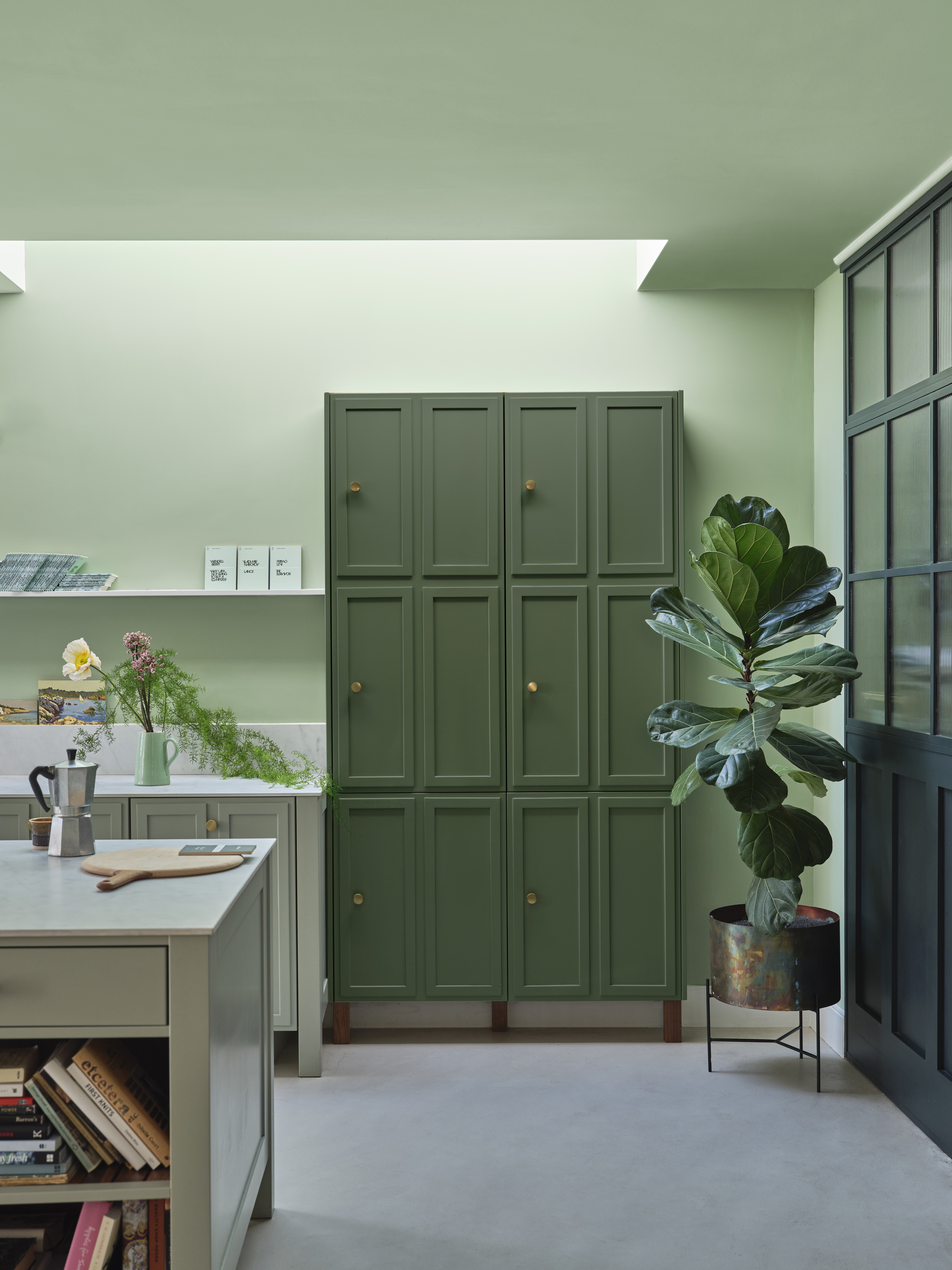
There really is nothing that makes a room look more unloved than unsightly scuffs, scratches, and nicks on your walls. Somehow, it's always the first thing your eyes are drawn to, and keeping on top of it can get seriously costly. So, how can we avoid it happening in the first place?
'The best way to prevent damage to your wall is not to touch them, but being that that's not really realistic in our world, you should know which kind of paint will be your most durable for the surface you're applying it to,' says Tila Lee, professional decorator and owner of Pretty in Paint School. 'The key here is what surface you're applying it to as although semi-gloss or gloss is always more durable, they aren't typically used on most surfaces.'
Generally, the trick is to look for durable paint formulas with a higher sheen finish. 'This is because these paint finishes are more scrubbable and resist scratching because they contain a higher resin count within the paint,' says Chuck Reger of Five Star Painting, a Neighborly Company. 'Think cabinets, doors, and trim, where a semi-gloss sheen is a must. For walls, semi-gloss is too shiny for most people, and the next best sheen will be satin, which is more durable than a flat or matte finish.'
Even if you are using a scrubbable matt emulsion, Chuck emphasizes the need to be careful when washing marks off the surface, encouraging you to only use a mild detergent and sponge.
The Livingetc newsletters are your inside source for what’s shaping interiors now - and what’s next. Discover trend forecasts, smart style ideas, and curated shopping inspiration that brings design to life. Subscribe today and stay ahead of the curve.
What is the most durable paint finish for walls?
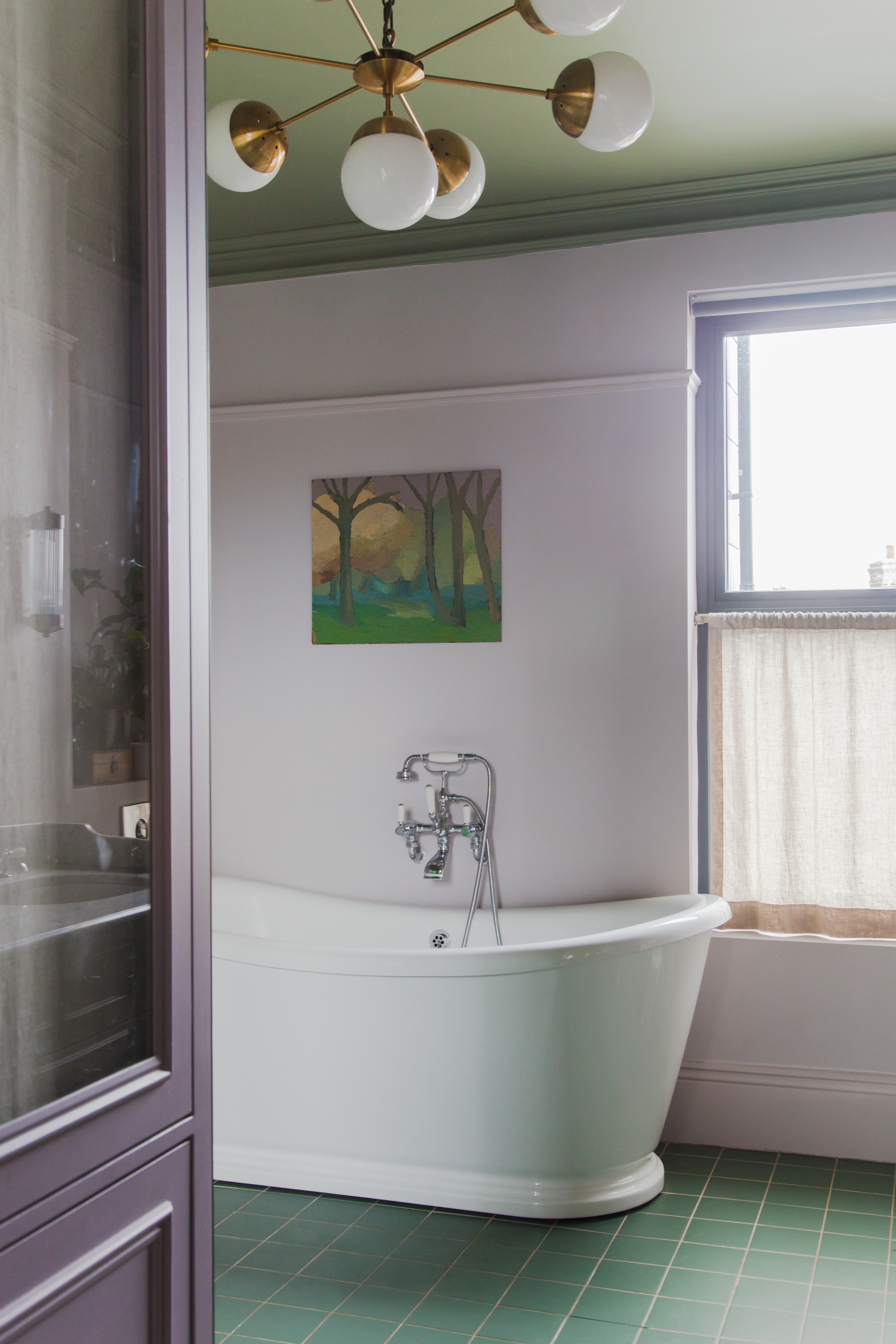
So we've established that gloss or semi-gloss is the most durable option overall, but most of us don't want to live with high-shine walls. The question we all want to know is what type of finish is the most durable when painting a wall in a regular room?
From an aesthetic point of view, we tend to prefer the look of flat matt finishes on our walls, and you'll be pleased to know that you don't necessarily have to sacrifice that preference when shopping for durable paint. 'A highly durable paint, such as a scrubbable matt emulsion, is perfect for walls in high-traffic areas that need to be wiped clean regularly,' explains Michael Rolland, Managing Director at The Paint Shed. 'These can be repeatedly scrubbed and washed without compromising the finish or color.'
The issue is, matt paints aren't suitable for use in every space, the bathroom being a case in point. In these damp spaces, softer paints like matt and eggshell are prone to mildew in high humidity. If you want a durable option for a bathroom - or to go the extra mile in terms of durability throughout the rest of your home - consider using a satin finish instead. 'This low luster finish has a subtle sheen which is enough to give a bit of durability to even a lower quality paint without detracting from the color or attracting too much attention to the flaws,' says Tila.
What else should you look out for when choosing a durable paint?
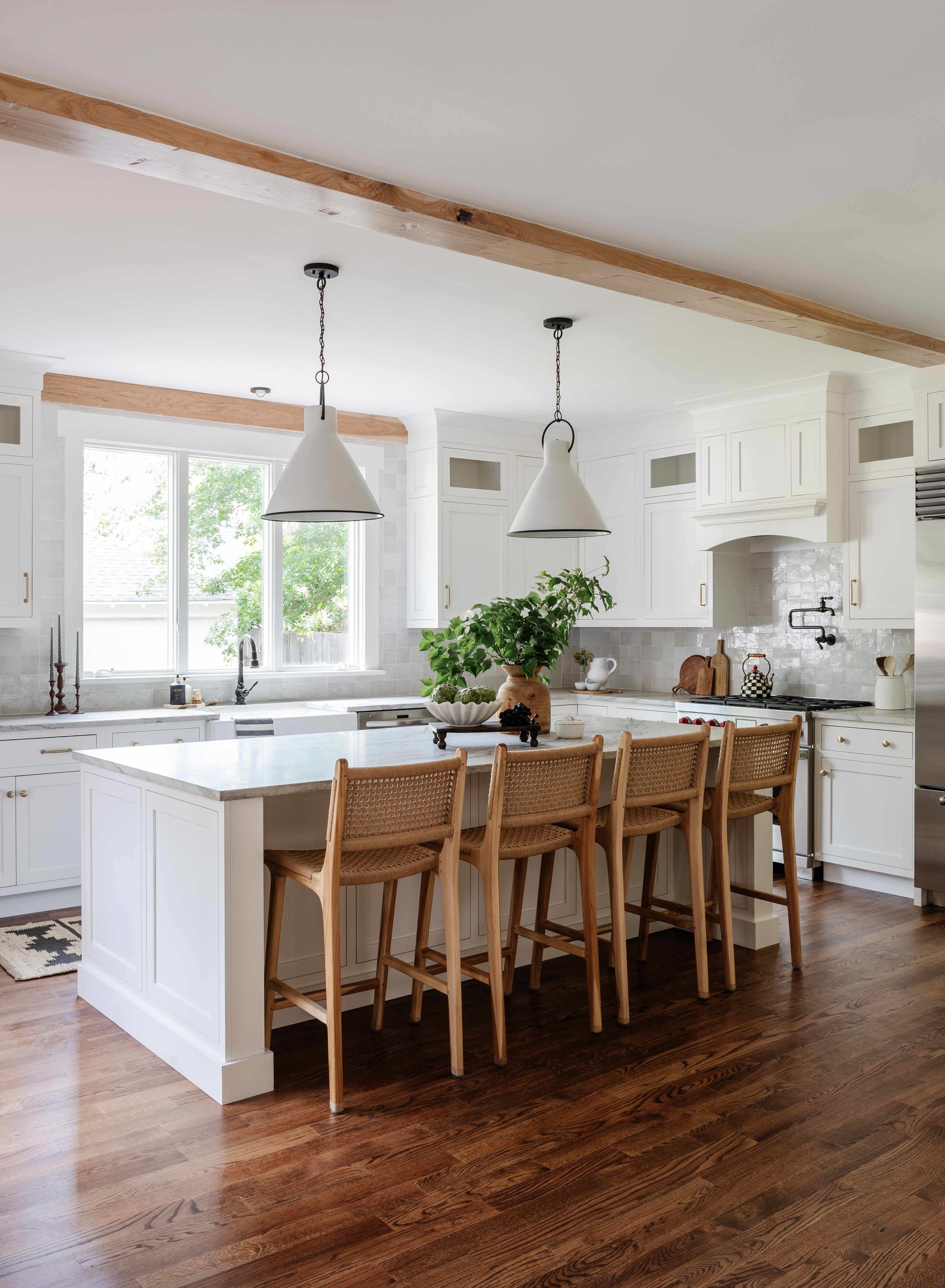
But it doesn't end there. Besides the finish itself, there are a host of other factors that determine the durability of paint that you'll want to look out for next time you shop.
'Aside from the basic rules of sheen and gloss paint, ensuring more durability can be as simple as being aware of what key paint substrate the surface you are painting should be done with,' says Tila. 'For example: on stucco or masonry, you may want to consider an elastomeric paint to help protect it, depending on what condition it is in and it's paint history.'
There's also the price point to consider. We hate to break it to you, but, as with most things in life, you really get what you pay for when it comes to good-quality paint. 'Cheaper retail paint is less durable and will require more coats to achieve a good finish,' says Michael. 'In other words, it's worth spending a little more on a high-quality paint if you want a durable, long-lasting finish that requires less work to apply.'
Another trick Michael has up his sleeve is to look out for paint scrub ratings. 'ISO 11998 is an international standard that tests the wet scrub resistance and cleanability of coatings, paints, or varnishes,' he says. 'Class 1 is the highest rating, and it means that the paint can withstand over 200 scrubs without losing more than 5 micrometers of film thickness, so look for paint with a Class 1 scrub rating if you want it to withstand repeated cleaning without damaging the finish or color.'
Last but not least, you should pay attention to certain ingredients when choosing the perfect paint because, as Chuck notes, better ingredients result in better durability. 'Most interior acrylic paints contain acrylic resins, pigments, and polymers, all suspended in water,' he explains. 'Low-cost paints contain more vinyl binders instead of the more expensive acrylic resins as their binder.'
Is trade paint more durable than regular paint?
You'll often hear painters and decorators swear by trade paint which, as opposed to retail paint, is a reputable high-grade paint designed especially for professionals. The question is, is it more durable?
According to Michael, the answer is yes. 'Trade paint has a higher opacity with a richer color pigmentation than regular DIY paints, making it ideal for high-traffic areas and people who want the highest-quality finish,' he says. 'It’s a common misconception that trade paint is only available to professionals - it’s available to everyone and there are many benefits to using it in your home. Trade paint is higher quality, requires less coats, and has a more durable, longer-lasting finish meaning you can also benefit from better value long-term.'
Generally, this comes down to the quality of the ingredients used in the formula. 'Trade paints contain more titanium dioxide, which gives the paint a deep opacity, durability, and coverage,' notes Chuck. 'These paints will be more expensive but offer a better value in the long run because they cover better, last longer, and look great!'

Lilith Hudson is a freelance writer and regular contributor to Livingetc. She holds an MA in Magazine Journalism from City, University of London, and has written for various titles including Homes & Gardens, House Beautiful, Advnture, the Saturday Times Magazine, Evening Standard, DJ Mag, Metro, and The Simple Things Magazine.
Prior to going freelance, Lilith was the News and Trends Editor at Livingetc. It was a role that helped her develop a keen eye for spotting all the latest micro-trends, interior hacks, and viral decor must-haves you need in your home. With a constant ear to the ground on the design scene, she's ahead of the curve when it comes to the latest color that's sweeping interiors or the hot new style to decorate our homes.
